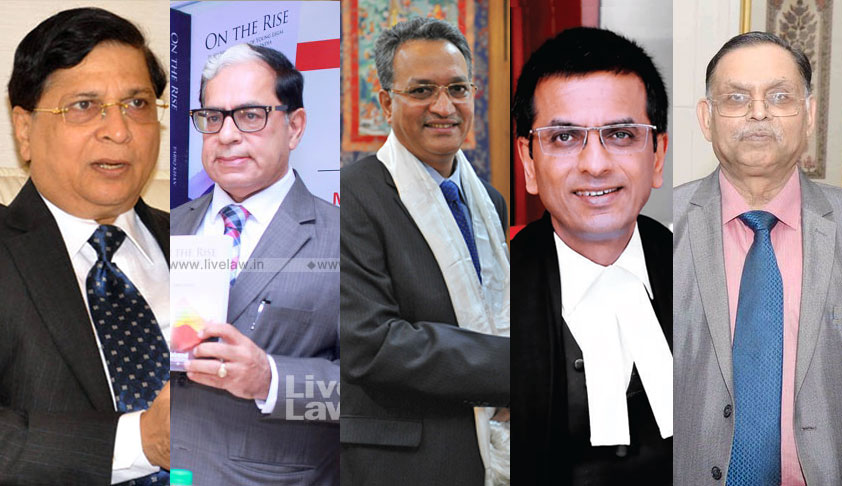Can Courts Rely On Parliamentary Standing Committee Reports? SC Reserves Its Judgment
LIVELAW NEWS NETWORK
1 Nov 2017 10:32 PM IST

Next Story
1 Nov 2017 10:32 PM IST
The Supreme Court’s Constitution Bench comprising the Chief Justice Dipak Misra, and Justices A.K.Sikri, A.M.Khanwilkar, D.Y.Chandrachud and Ashok Bhushan, today reserved its judgment on whether courts could rely on Parliamentary Standing Committee reports, without violating the privileges of Members of Parliament. The bench heard the counsel for seven days in the case, Kalpana Mehta v...
